What are the Top 5 sample expositive essays on natural phenomena - Storms? In Vietnam, what are the education levels at which the Literature curriculum covers the exposition of natural phenomena - Storms?
What are the Top 5 sample expositive essays on natural phenomena - Storms in Vietnam?
Storms are a dangerous natural phenomenon, causing many serious consequences. Raising awareness of storm prevention is essential to protect our lives and property.
*You can refer to the sample expositive essays on natural phenomena - Storms in Vietnam below:
|
Top 5 sample expositive essays on natural phenomena - Storms Sample 1: Concept and Formation |
*Note: *The information about the top 5 sample expositive essays on natural phenomena - Storms is for reference only./. *
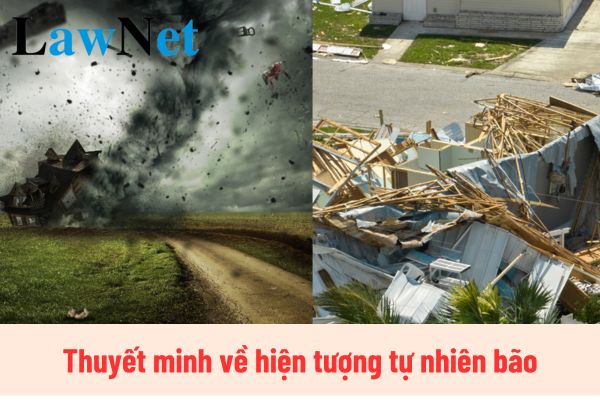
What are the Top 5 sample expositive essays on natural phenomena - Storms? In Vietnam, what are the education levels at which the Literature curriculum covers the exposition of natural phenomena - Storms? (Image from the Internet)
In Vietnam, what are the education levels at which the Literature curriculum covers the exposition of natural phenomena - Storms?
Under Section 3 of the General Education Program issued under Circular 32/2018/TT-BGDDT, the objectives of Literature education are as follows:
Objectives of the Lower Secondary Level
- Help students continue to develop the good qualities formed in primary school; enhance and expand the requirement for development in qualities with specific expressions such as pride in national history and literature; having dreams and aspirations, a spirit of self-study and self-respect, civic consciousness, and respect for the law.
- Continue to develop general competencies, language competency, and literature competency formed in primary school with higher requirements. Develop language competency with the following requirements: distinguish between literary texts, argumentative texts, and informative texts; understand both explicit content and implicit content of these types of texts;
Be able to write narrative, descriptive, expressive, argumentative, explanatory, and functional texts that are complete, coherent, and logical, follow the correct process, and combine various expressive methods; speak clearly and coherently; have a confident attitude, appropriate to the communication context; understand listening with an appropriate attitude.
Develop literature competency with the requirement to differentiate between genres such as stories, poems, essays, scripts, and some specific sub-types; recognize language features of literature, recognize and analyze the effects of formal elements and artistic measures associated with each literary genre; recognize expressive, cognitive, aesthetic values; analyze the imagery, content, and form of literary works; create some products with literary value.
Objectives of the Upper Secondary Level
- Help students further develop the qualities formed in lower secondary school; expand and enhance the requirement for development in qualities with specific expressions such as having character, individuality, ideals, and ambitions; preserve and promote Vietnamese cultural values; have a sense of integration and global citizenship.
- Continue to develop competencies formed in lower secondary school with higher requirements: understand both explicit and implicit content of different types of texts with more demanding content, represented through length, content, and reading requirements; develop critical thinking in reading comprehension;
Apply knowledge about the characteristics of literary language, literary movements, author styles, works, and internal and external textual factors to develop independent reading skills. Competently write comprehensive argumentative and explanatory texts (combining expressive methods and argumentative techniques), follow the process, have personal viewpoints, ensure logic, and be persuasive.
Speak and listen flexibly; be able to listen to and evaluate the content as well as the expressive form of presentations; know how to participate and have personal viewpoints, individuality, and appropriate debating attitude in discussions.
Develop literature competency with the requirement to differentiate literary works and other types of artistic works; analyze and comment on the features of literary language; distinguish between expression and what is expressed in literature; recognize and analyze, appreciate literary works based on literary style characteristics; have a rich imagination, know how to enjoy, receive and evaluate literature; create some products with literary value.
Thus, the exposition of natural phenomena - Storms is a required content in the Literature curriculum for both the lower secondary and upper secondary levels.
Download detailed information on the General Education Program for the Literature.
Are lower secondary school students in Vietnam allowed to act dishonestly when taking 15-minute tests?
Under Article 37 of the lower secondary school, upper secondary school and multi-level school charter issued under Circular 32/2020/TT-BGDDT, the prohibited acts for lower secondary school students in Vietnam include:
Prohibited acts for students
1. Disrespect the dignity, honor or bodily integrity of teachers, officials and staff of their schools, other people and other students.
2. Act dishonestly in learning, examinations or admission process.
3. Buy, sell or use alcohol, tobacco, drugs, other stimulants, firecrackers or explosives.
4. Use mobile phones and other devices in class for purposes other than learning and without the teacher's permission.
5. Fight or disrupt public or school order or security.
6. Use or exchange cultural products that incite violence or contain indecent materials; use toys or play games that impede their own healthy development.
7. Students shall not commit other prohibited acts provided for by regulations of law.
Thus, lower secondary school students in Vietnam are not allowed to act dishonestly when taking 15-minute tests.

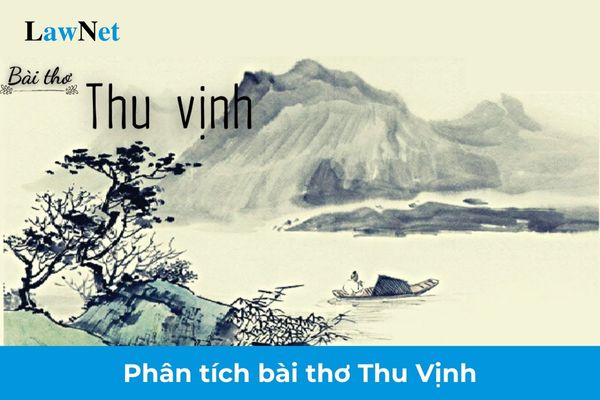
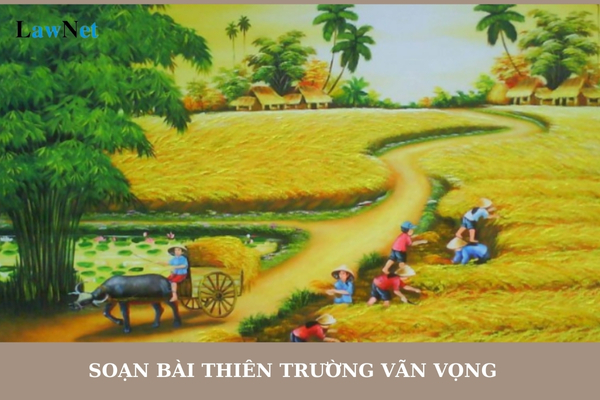

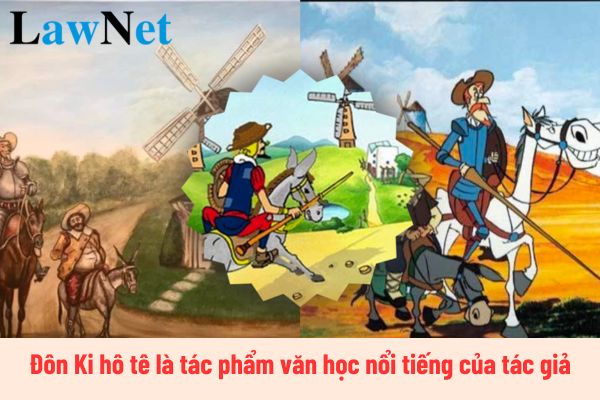
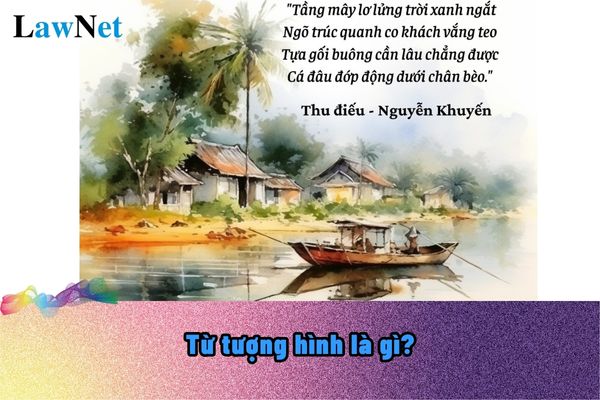
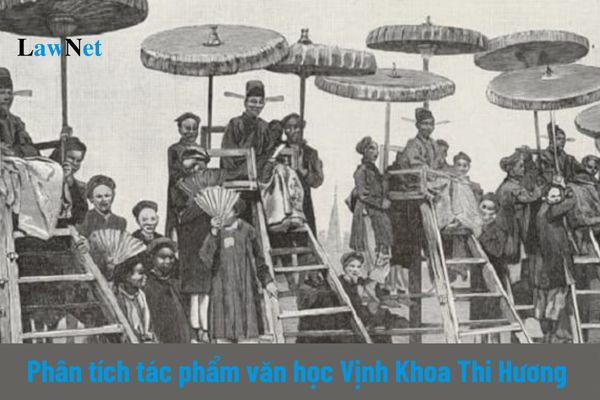
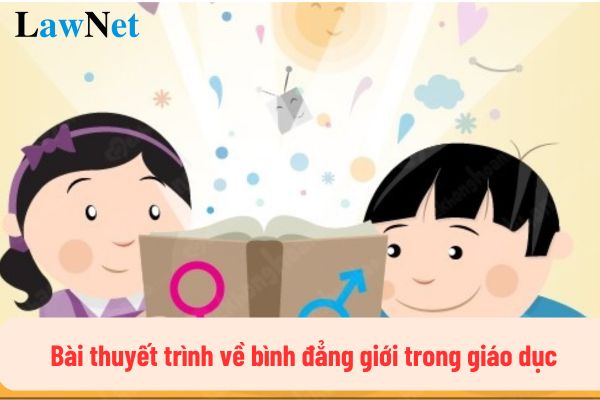
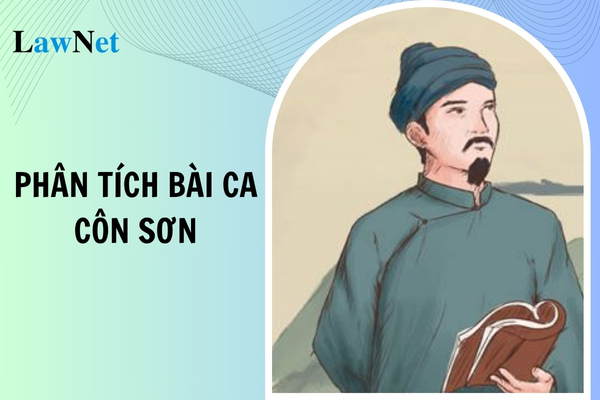
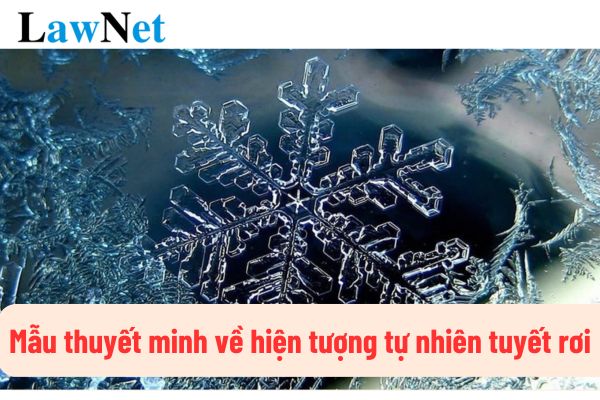
- Vietnam: What is the sample outline of an essay on the analysis of expressions of national spirit in the Poem "Việt Bắc" for 12th-grade students? What patriotic qualities are required for 12th-grade students?
- Vietnam: What are your thoughts on the Poem "Tiếng ru" by To Huu? How many lessons are there in the 12th-grade Literature curriculum per year?
- What are the sample essays describing your grandfather for 5th-grade students in Vietnam? What are the assessment criteria for 5th-grade students in 2024?
- Vietnam: What are the sample social argumentative essays on social media etiquette for 10th-grade students? What Vietnamese knowledge do 10th-grade students learn?
- Vietnam: Why is the French Bourgeois Revolution considered the most thorough one? What learning outcomes are required for 11th-grade students after studying the bourgeois revolution?
- Vietnam: What is the atmosphere? What is the grade at which students are required to master the knowledge of the atmosphere in the History and Geography curriculum?
- Vietnam: Why does the phenomenon of day and night alternation occur on Earth? What is the grade at which students learn about the phenomenon of day and night alternation on Earth?
- What is the newest report template on distance education at the higher education level in Vietnam?
- Vietnam: What are the shortest sample expositions on Ba Den Mountain for 9th-grade students? What learning outcomes are required for the writing process in the 9th-grade Literature curriculum?
- In Vietnam, what does local time mean? What is the grade at which local time is taught in the History and Geography curriculum?

